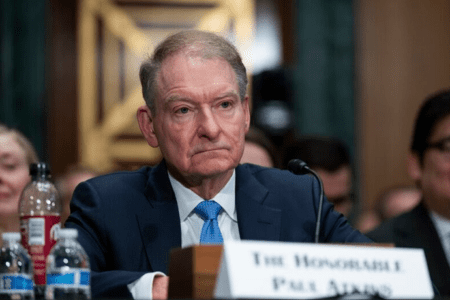Part of: Startup on Trial series
Executive Summary
FTX, once hailed as the gold standard of crypto exchanges, imploded in November 2022, revealing a multi-billion-dollar fraud orchestrated by founder Sam Bankman-Fried (SBF). What began as a scrappy crypto derivatives exchange turned into a house of cards built on customer fund misuse, opaque affiliate structures, and a startling absence of regulatory oversight. This case is not only a cautionary tale of startup hubris but also a regulatory failure across jurisdictions—especially the Bahamas and the U.S.
The Case: The Rise and Fall of FTX
Founded in 2019 by SBF and Gary Wang, FTX quickly positioned itself as the compliant face of crypto. It attracted top venture capital, celebrities, and regulators alike, with offices in the Bahamas and a U.S. arm, FTX US.
But behind the scenes, FTX was routing billions in customer deposits to its affiliated hedge fund, Alameda Research, which used the funds for high-risk trading, political donations, venture investments, and even luxury real estate. FTX’s governance was nonexistent, and internal records were described as “worse than Enron.”
SBF projected the image of an effective altruist-genius, while running one of the most reckless frauds in financial history.
The Legal and Regulatory Conflict
United States (DOJ, SEC, CFTC)
- Criminal charges (DOJ): Wire fraud, securities fraud, money laundering, campaign finance violations (link to DOJ announcement of SBF sentencing).
- Civil charges (SEC, CFTC): Misrepresentation to investors, customer asset misuse, unregistered securities.
- Key ruling: In 2023, SBF was convicted on all counts and sentenced to 25 years in federal prison. SBF‘s former partner, Caroline Ellison, cooperated with the prosecutors and received a 2-year prison sentence. The former FTX manager Ryan Salame received a 7.5-year prison sentence for his involvement in the FTX fraud, including campaign finance violations
Bahamas
- Regulatory arbitrage: FTX exploited weak local oversight while claiming to be well-regulated offshore.
- Local seizure of assets: Conflicting legal battles over who controls FTX assets—U.S. vs. Bahamian liquidators.
Global
- Regulatory shockwaves: The FTX collapse led to calls for global crypto frameworks (e.g., MiCA in Europe, the UK’s new FCA crypto regime).
- Impact on counterparties: BlockFi, Genesis, and others filed for bankruptcy due to FTX exposure.
The Consequences
- Company: FTX filed for Chapter 11. Its liabilities exceeded $8 billion. Restructuring continues under John Ray III.
- Individuals: SBF convicted. Caroline Ellison (Alameda CEO), Gary Wang, and Nishad Singh took plea deals and testified.
- Investors: Sequoia, SoftBank, and others wrote down their FTX investments to zero.
- Regulators: U.S. authorities criticized for failing to act earlier despite red flags. Political donations added pressure.
Multi-Jurisdictional Takeaways
- Regulatory gaps enabled cross-border fraud: Bahamas lacked effective oversight; the U.S. failed to enforce early.
- Compliance theatre: FTX claimed to be regulated but had no independent board or proper segregation of funds.
- Different jurisdictions, different priorities: U.S. focused on criminal liability; Bahamas on asset protection.
Lessons Learned & Recommendations
- Substance over form: Regulatory claims must be independently verified—not accepted at face value.
- Segregation of funds is non-negotiable: Any startup handling customer assets must enforce strict internal controls.
- Governance must grow with valuation: No startup is “too young” for a board, compliance function, or audit trail.
- Don’t mistake lobbying for legitimacy: SBF’s political connections delayed scrutiny.
- Founders aren’t infallible: Personality cults cloud judgment—investors and regulators alike must stay critical.
Call to Action
Is there another startup operating with cult-like secrecy, no governance, or risky fund flows?
Submit tips via Whistle42.com.





